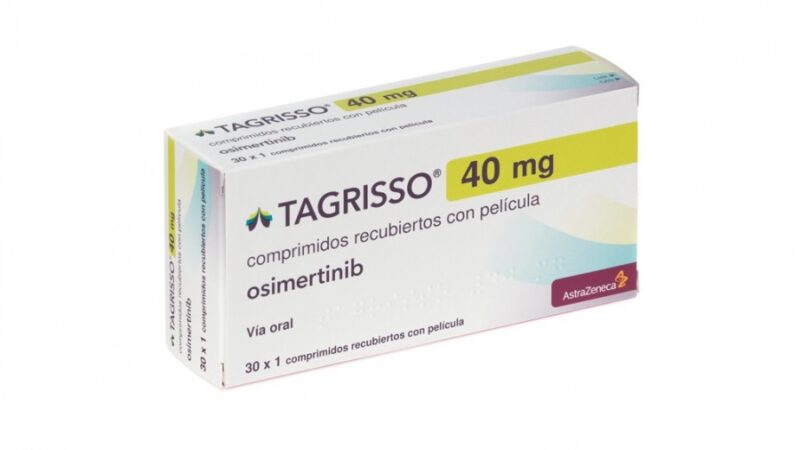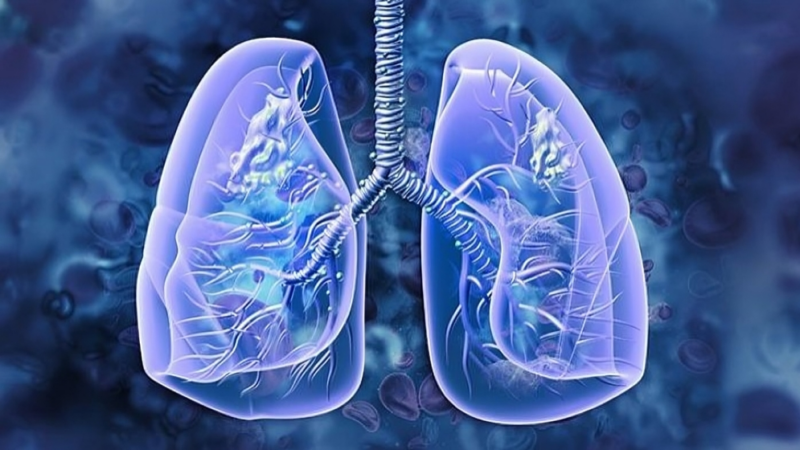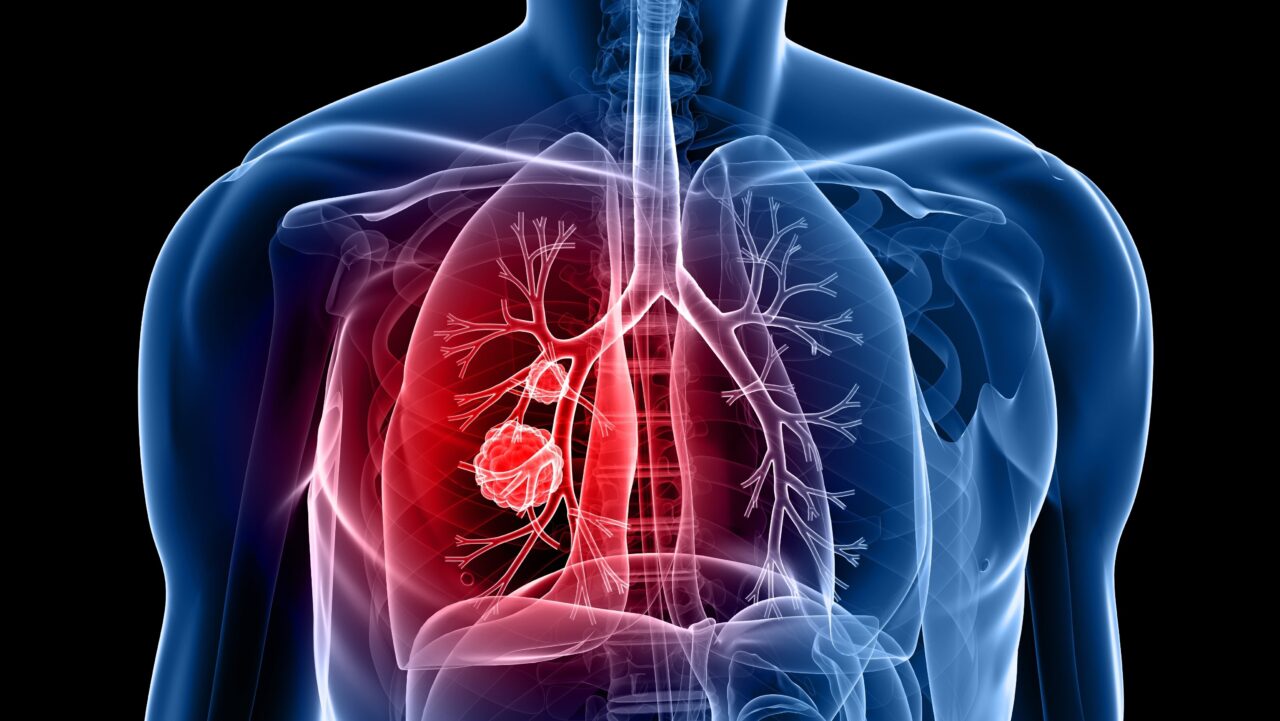AstraZeneca’s Tagrisso (osimertinib) has been approved in the European Union for the treatment of adult patients with locally advanced, unresectable non-small cell lung cancer (NSCLC).
Tagrisso (osimertinib) has shown promising results in patients with advanced non-small cell lung cancer (NSCLC) harboring epidermal growth factor receptor (EGFR) mutations. In clinical trials, Tagrisso demonstrated a significant 84% reduction in the risk of disease progression or death compared to a placebo (hazard ratio 0.16; 95% confidence interval 0.10-0.24; p<0.001), based on assessments by blinded independent central review. This translates into an impressive median progression-free survival (PFS) of 39.1 months for patients treated with Tagrisso, compared to just 5.6 months for those receiving a placebo.
While overall survival (OS) data remains immature, the trial is continuing to monitor OS as a secondary endpoint, and further data will be analyzed as part of the ongoing investigation into the drug’s long-term impact.
In Europe, lung cancer remains one of the most common and lethal cancers, with more than 450,000 new cases diagnosed each year. Approximately 80-85% of these cases are NSCLC, and among NSCLC patients in Europe, about 10-15% exhibit tumors with EGFR mutations. These mutations make the tumors more susceptible to targeted therapies like Tagrisso, which blocks the signals that drive tumor growth and progression in EGFR-mutated cancers.
Tagrisso
Tagrisso (osimertinib) is a third-generation, irreversible EGFR-TKI that has demonstrated proven clinical activity in non-small cell lung cancer (NSCLC), including efficacy against central nervous system metastases. The drug is available in 40mg and 80mg once-daily oral tablets and is used globally across various stages of EGFR mutation-positive (EGFRm) NSCLC. AstraZeneca is continuing to explore Tagrisso as a treatment option for patients with EGFRm NSCLC at different stages.

There is extensive evidence supporting Tagrisso as the standard of care in EGFRm NSCLC, based on positive results from multiple Phase III trials. These include the ADAURA trial for early-stage disease, the LAURA trial for Stage III unresectable disease, the FLAURA trial for late-stage disease, and the FLAURA2 trial for chemotherapy combination therapy.
AstraZeneca’s ongoing efforts to treat lung cancer as early as possible include investigating Tagrisso in the neoadjuvant setting in the NeoADAURA Phase III trial and in early-stage adjuvant resectable disease in the ADAURA2 Phase III trial.
The LAURA trial
The LAURA trial is a global, randomised, double-blind, placebo-controlled, multi-centre Phase III study that focuses on patients with unresectable, Stage III EGFR mutation-positive (EGFRm) non-small cell lung cancer (NSCLC). These patients must have had no progression of their disease following definitive platinum-based chemoradiation therapy (CRT). The study aimed to evaluate the efficacy and safety of Tagrisso (80mg once-daily oral tablets) in these patients. Participants were treated with Tagrisso until disease progression, the occurrence of unacceptable toxicity, or other criteria for discontinuation were met. For patients in the placebo arm, Tagrisso was offered upon disease progression.
The trial enrolled a total of 216 patients across more than 145 centres in over 15 countries, including regions like the United States, Europe, South America, and Asia. The primary endpoint of the LAURA trial is progression-free survival (PFS), a key measure to assess the benefit of Tagrisso in extending the period without disease progression. In addition, the trial continues to assess overall survival (OS) as a secondary endpoint, which will provide further insight into the long-term benefits of Tagrisso in this patient population. The LAURA trial plays a pivotal role in advancing treatment options for patients with Stage III unresectable EGFRm NSCLC.
About Lung Cancer
Lung cancer is a type of cancer that begins in the lungs, which are two spongy organs in the chest responsible for controlling breathing. It is the leading cause of cancer-related deaths worldwide. Smoking is the primary risk factor for lung cancer, with the risk increasing the longer and more frequently a person smokes. However, lung cancer can also develop in individuals who have never smoked. Quitting smoking, even after many years of use, significantly lowers the chances of developing lung cancer.

Lung cancer often doesn’t cause symptoms in its early stages, and symptoms typically appear when the cancer has advanced. These can include a persistent cough that doesn’t go away, chest pain, coughing up blood, even in small amounts, hoarseness, shortness of breath, and wheezing.
When lung cancer spreads to other parts of the body, symptoms may include bone pain, headaches, unintentional weight loss, loss of appetite, and swelling in the face or neck. If you experience any symptoms that concern you, it’s important to schedule an appointment with your doctor or healthcare professional. If you smoke and are struggling to quit, your healthcare provider can offer support and recommend strategies to help you stop smoking. This may include counseling, medications, and nicotine replacement products.


